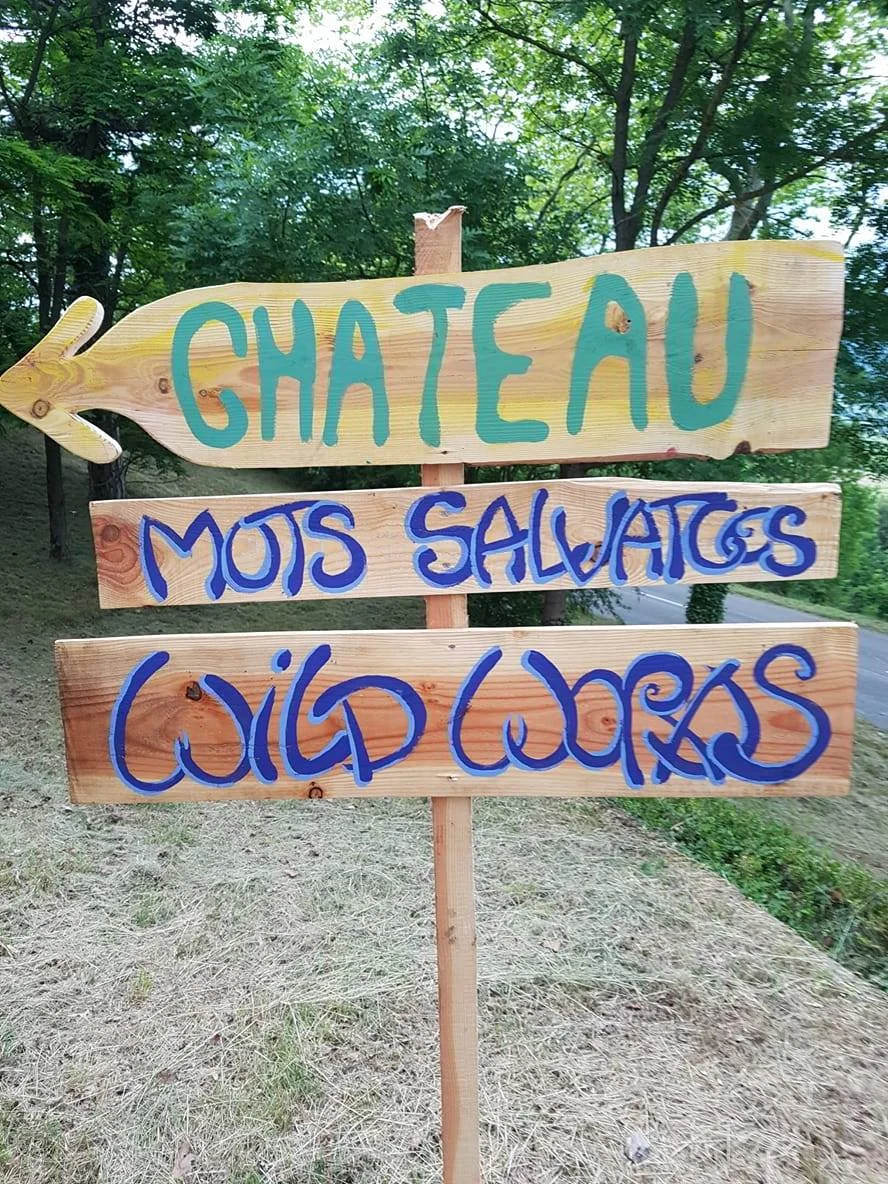Being A Better Boss
/When I write, I divide my inner world in two. There’s the writer, and there’s the editor.
Often they have an employee-boss working relationship.
The writer writes from passion, from the whole body experience of the material, from the instinctual.
The editor ensures the writer’s health during the immersive process, keeping me on track, despite the many doubts and uncertainties. It keeps me safe when I’m lost from the ‘real world’. The editor is the inner voice that reminds me to get up and go to my desk. It encourages me when my enthusiasm flags. It keeps perspective on what’s being written, so that an authoritative and balanced opinion can be offered. It uses the carrot or stick approach, depending on what is needed to get the job done.
Mostly, these days, the editor knows to keep quiet as I actually write. As in any workplace, conversations happen in the kitchen as I (we) wait for the kettle to boil.
Editor: So how did that go for you this morning?
Writer: Not bad. Bit lacking in motivation. But it’s moving forward.
Or,
Editor: I see you’re feeling tired. How are we going to manage that? Perhaps a twenty-minute nap now, would, overall, result in a more productive day?
Writer: That’s not a bad idea.
Or,
Editor: You’re nervous, because you don’t know where to go with this scene, but how about, instead of a fifth cup of tea, we just get something down, and then make some hot chocolate as a reward?
Writer: Well, if we must.
The reality of being a writer is that there is often no one else to read and comment on our work.
When you don’t have an external boss, then creating a kindly internal boss, has benefits.
This is how it came about... teaching creative writing to university students, hundreds of stories, poems and biographical pieces have come under my gaze. What I’ve found is that, quite often, the receiver of the feedback had already spotted the strengths and weaknesses in their work. But they’d felt they needed an 'expert' to confirm it.
The bottom line is that we don’t trust ourselves.
We don’t trust that we know how to tell stories innately and instinctually.
I decided, with my own writing, to have confidence that I knew. I saw for myself that when I trusted my whole body sense, my gut instinct if you like (as opposed to a dis-embodied, thinking-mind opinion) that I too, almost always knew what was needed to make it into the best piece it could be. It was, what I now call the internal editor, who piped up in spirited fashion with those spot-on answers.
Generally, I consider my workplace team to be a successful one. We get things done. But this January, the writer has been dragging her heels, and threatening to strike. In response, the editor has come in harshly, in order to keep me at my desk. They have been reactive towards each other, and that’s resulted in the writing feeling, at best, like trudging through thick mud.
The disharmony has not been pleasant. I’ve also been aware that the writer’s behaviour probably represents an organic need that is not being heard. I believe we ignore those messages at our peril. So, with workplace relations turning increasingly sour, I decided, yesterday, to be a better boss to myself. I called the two of them in a room (metaphorically speaking), and we talked.
I asked the writer- what do you need that you aren’t getting?
The writer spoke. At my insistence, the editor listened. She said,
The editor is judging, and editing with every sentence. My words are juddering and stilted. It’s cutting off the flow. I want to be told that I’m doing a good job, that I’m doing well, that I’m a good writer. And I want the editor to stay quiet, until the first draft is done. Then, we can look together at how it’s working.
The editor agreed to pull back a little, and to be more validating, in return for an immediate return to work. Now, I’m pleased to say, we’re back on track.
Immersive Retreat in France in March ‘19.
The Year-long Mentoring Scheme, begins March ‘19.
To see the Writing Prompt that accompanies this article, sign up on the Wild Words website homepage to receive the Monthly Newsletter, or join the Wild Words Facebook group












Winter Solstice Competition Runner-up: Hannah Ray, with You Were Born in a Pandemic